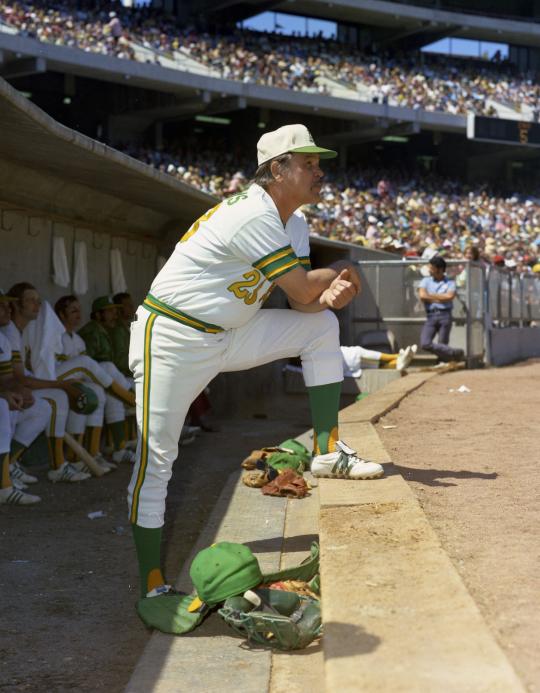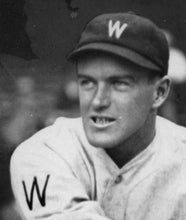- Home
- Our Stories
- Dick Williams denied chance to manage the Yankees
Dick Williams denied chance to manage the Yankees
Dick Williams had skippered three pennant winners in his first six seasons as a big league manager. And then, he seemed headed to the game’s grandest stage in New York.
But a week after the Yankees named Williams their manager for the 1974 season, American League president Joe Cronin quashed the deal.
On Dec. 20, 1973, Cronin ruled in favor of Athletics owner Charlie Finley, who protested when the Yankees hired Williams. It was the continuation of a saga that had begun immediately following the 1973 World Series when Williams resigned as Oakland’s manager.
A 13-year big league vet who played for the Dodgers, Orioles, Red Sox, Athletics and Indians, Williams was named the Red Sox’s manager following the 1966 season at the age of 37. He led Boston to the American League pennant the next year, but was dismissed from his job at the tail end of the 1969 campaign.
After a year coaching with Gene Mauch for the Expos, Williams took over in Oakland – where Finley was assembling a dynasty. Williams led the A’s to the 1971 American League West title, then held the reins as the Athletics won World Series crowns in 1972 and 1973.
But Finley’s handling of the team wore on Williams, and he announced immediately after the 1973 Fall Classic that he was resigning as manager even though he was under contract for the 1974 season.
“In my mind,” said Williams, “I was a free agent. At no time did I feel I was bound by the Oakland contract.”
Finley quickly filed a protest when the Yankees signed Williams to a three-year, $70,000-per-season deal on Dec. 13, 1973.
“We conferred with our attorneys and they told us we had the right to sign Williams,” said Yankees president Gabe Paul, who was in his first year of working for new owner George Steinbrenner.
Cronin’s ruling provided that Williams could only manage in 1974 if Finley agreed to the deal and that Finley could ask for compensation from the Yankees in return for letting Williams out of his contract.
The asking price: Yankees minor league prospects Scott McGregor and Otto Velez.
“When he said those names, I knew my world had been turned on its ear,” wrote Williams in his 1990 autobiography No More Mr. Nice Guy. “Because I knew the Yankees wouldn’t agree to such a deal, nor should they.
“I don’t actually win games for teams. I just get their players prepared so they can win.”
On Jan. 3, 1974, the Yankees announced that Bill Virdon would be their new manager. Williams remained out of the game into the summer of 1974, when Finley agreed to let him take over as manager of the California Angels.
Dick Williams managed the Oakland Athletics to World Series titles in 1972 and 1973 before resigning after the '73 Fall Classic while still under contract. As a result, American League president Joe Cronin ruled Williams could not manage the Yankees in 1974. (Doug McWilliams/National Baseball Hall of Fame and Museum)
Share this image:
Williams would go on to manage the Expos, Padres and Mariners before his career ended. He finished with 1,571 wins, four pennants and two World Series titles.
He was elected to the Hall of Fame in 2008, and passed away on July 7, 2011.
Craig Muder is the director of communications for the National Baseball Hall of Fame and Museum
Related Stories
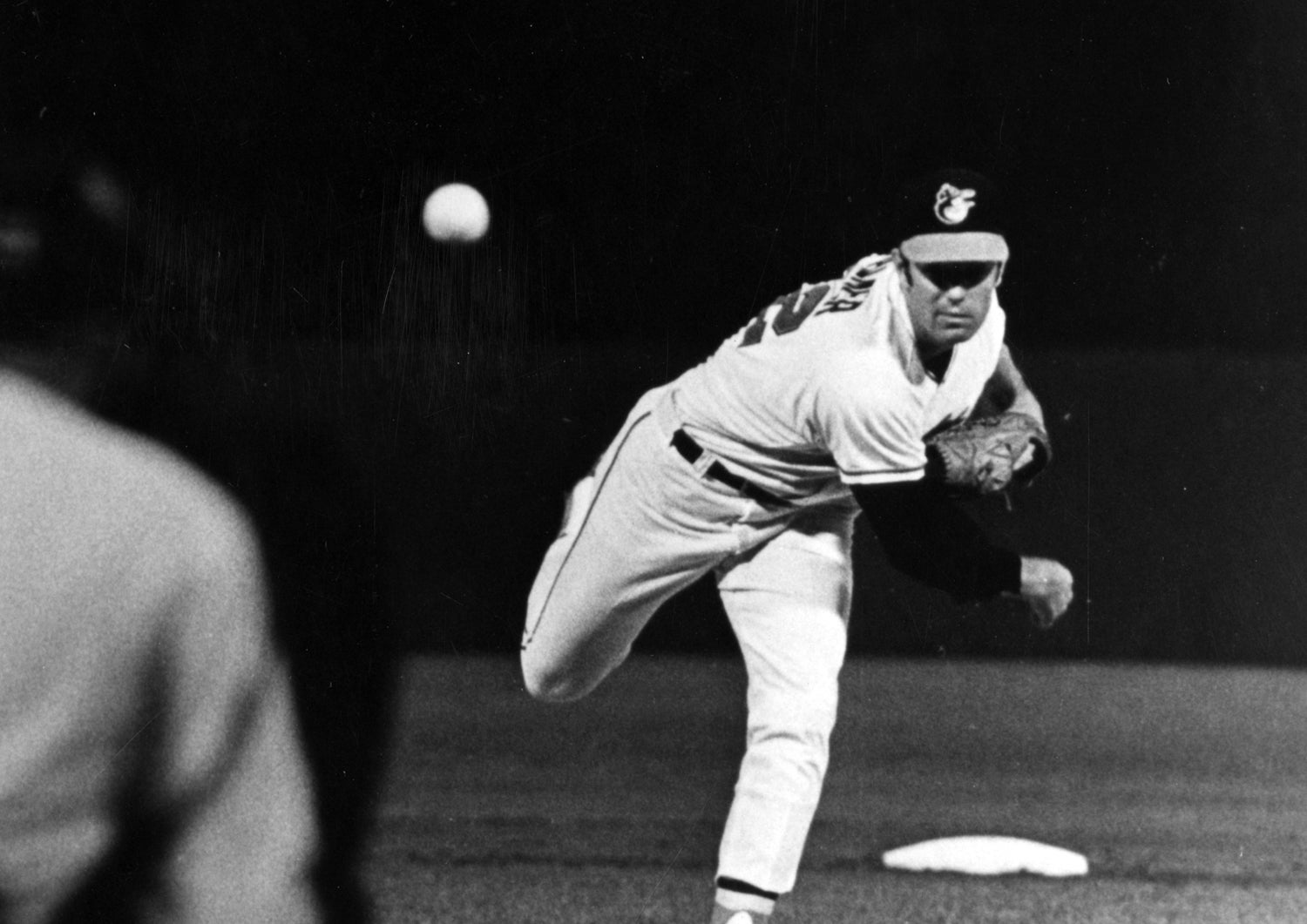
Jim Palmer no-hits Oakland in an 8-0 Baltimore victory
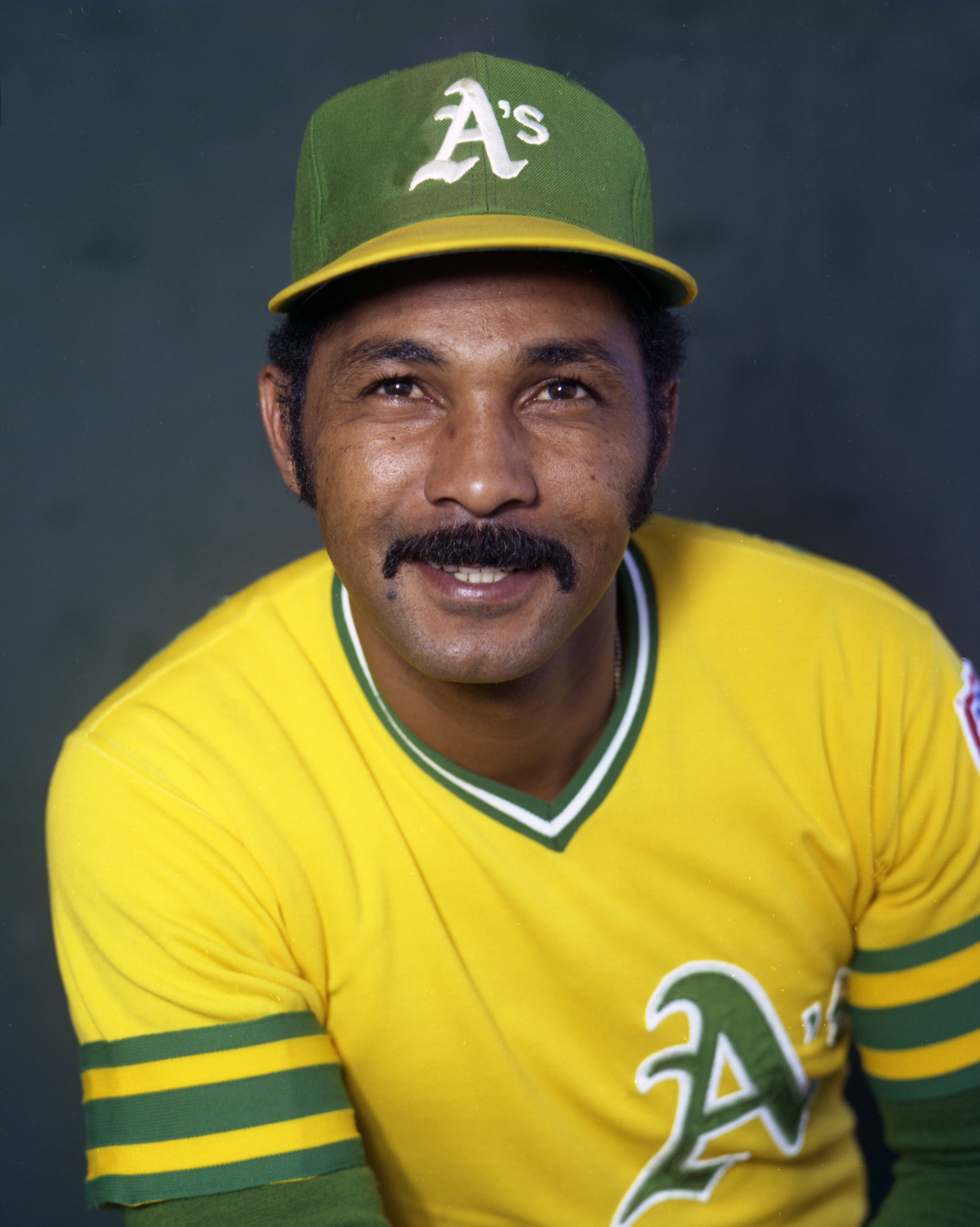
Cubs legend Billy Williams traded to Oakland
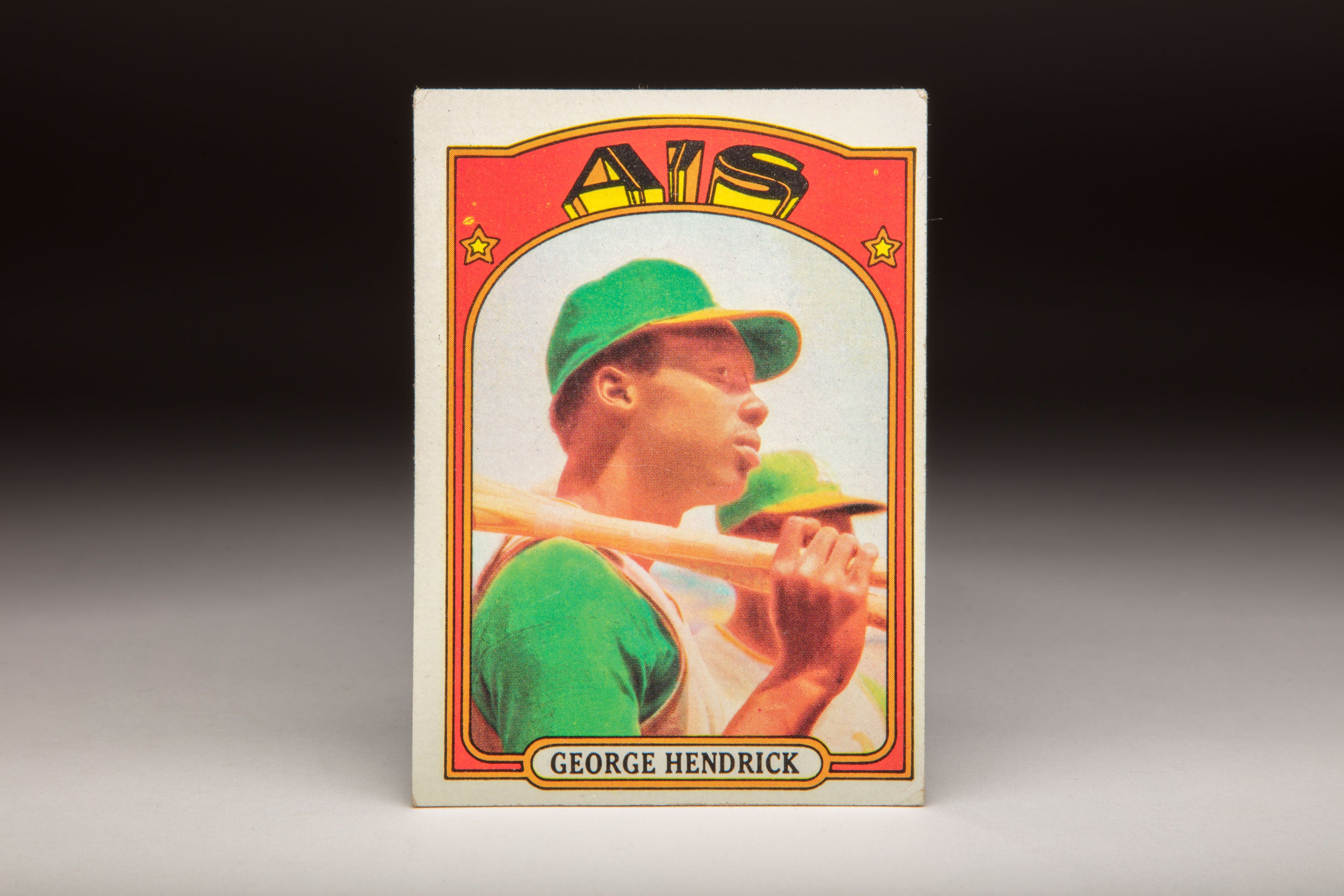
#CardCorner: 1972 Topps George Hendrick
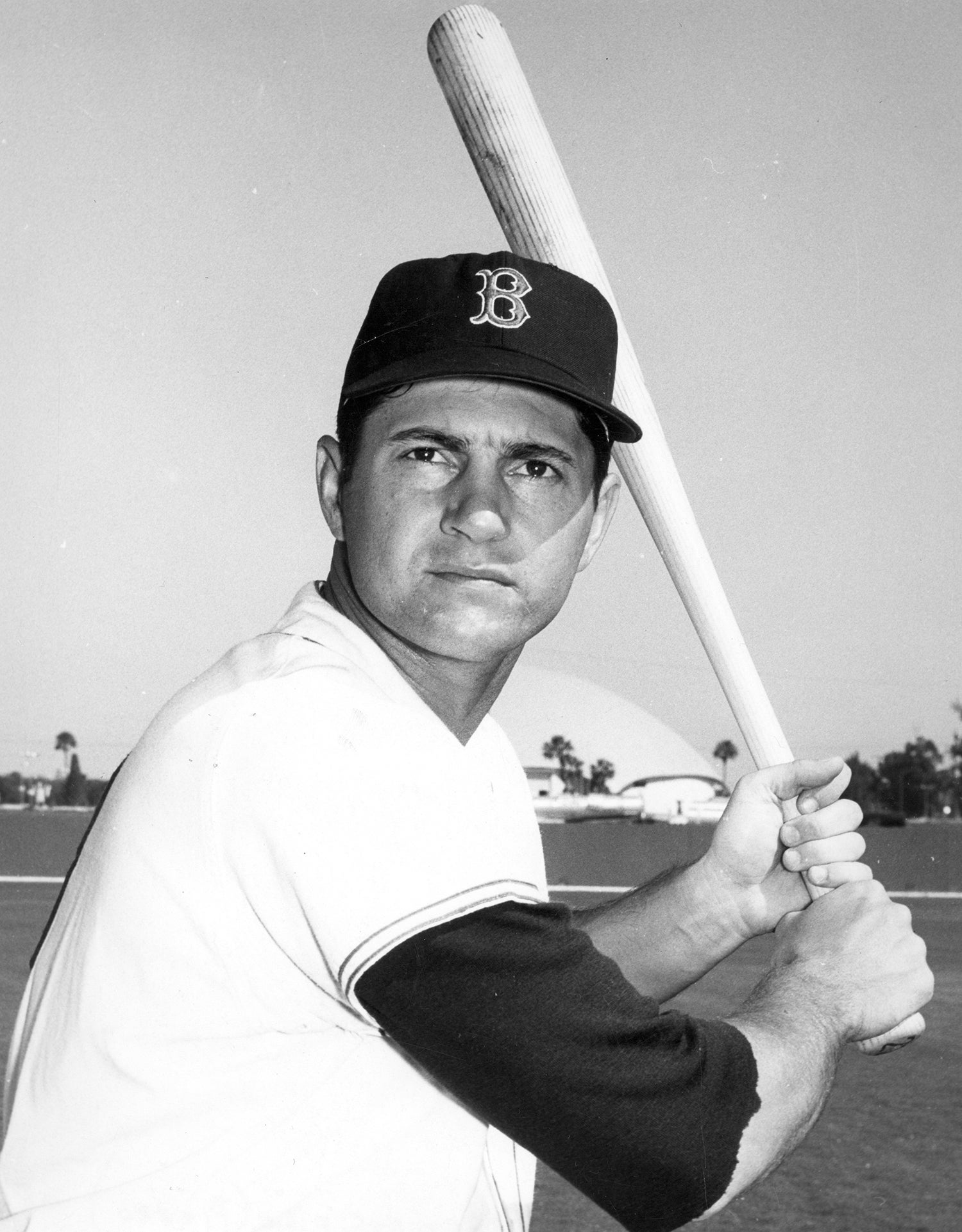
Yastrzemski named 1967 AL MVP
Related Stories

Jim Palmer no-hits Oakland in an 8-0 Baltimore victory

Cubs legend Billy Williams traded to Oakland

#CardCorner: 1972 Topps George Hendrick




